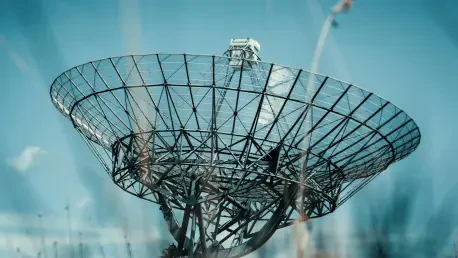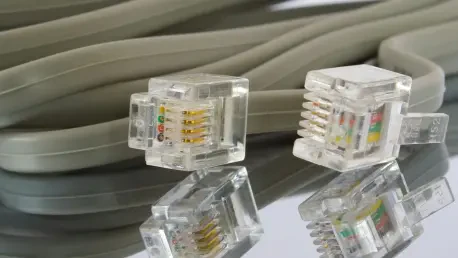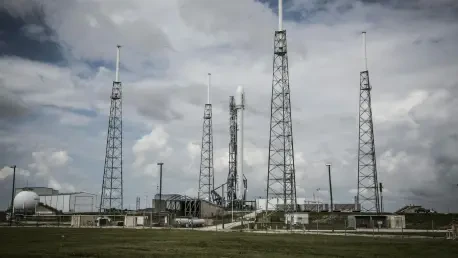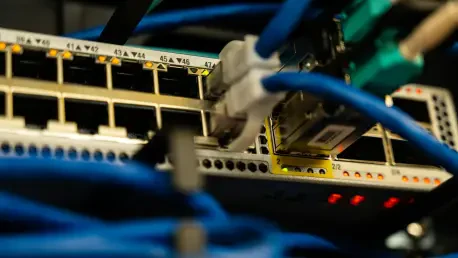
With the rapid pace of technological advancements, a new frontier in connectivity is emerging that could revolutionize how individuals access networks even in the most remote locations. Within this evolving landscape, T-Mobile's recent initiatives have sparked considerable interest. Their ambitious

Has the arrival of satellites begun overshadowing cables in India's quest for high-speed internet access? This unfolding drama pits traditional telecom companies against satellite newcomers, sparking intense debate over the future of digital communication in the country. India's Digital Dilemma In

In the fast-moving domain of satellite technology, key players SpaceX and Exolaunch are at the forefront of innovation with groundbreaking projects. The Transporter-14 mission, set to launch from Vandenberg Space Force Base on Monday, June 23, highlights a significant milestone in the satellite

A Speedy Internet, Unshackled by Bureaucratic Delays What if Americans could enjoy faster and more affordable internet access without cumbersome bureaucratic processes standing in the way? This question is no longer hypothetical. The National Telecommunications and Information Administration (NTIA)

Technological advancements and increasing demand for connectivity are challenging network providers to expand their spectrum access and capabilities. AST SpaceMobile has positioned itself at the forefront of this change by executing an important settlement with Ligado Networks, Viasat, and

Amazon's ambitious Project Kuiper is set to redefine the way internet access is provided to underserved regions around the world. With a planned constellation of over 3,200 satellites, Amazon aims to deliver reliable broadband connectivity to areas that have historically been left behind in the